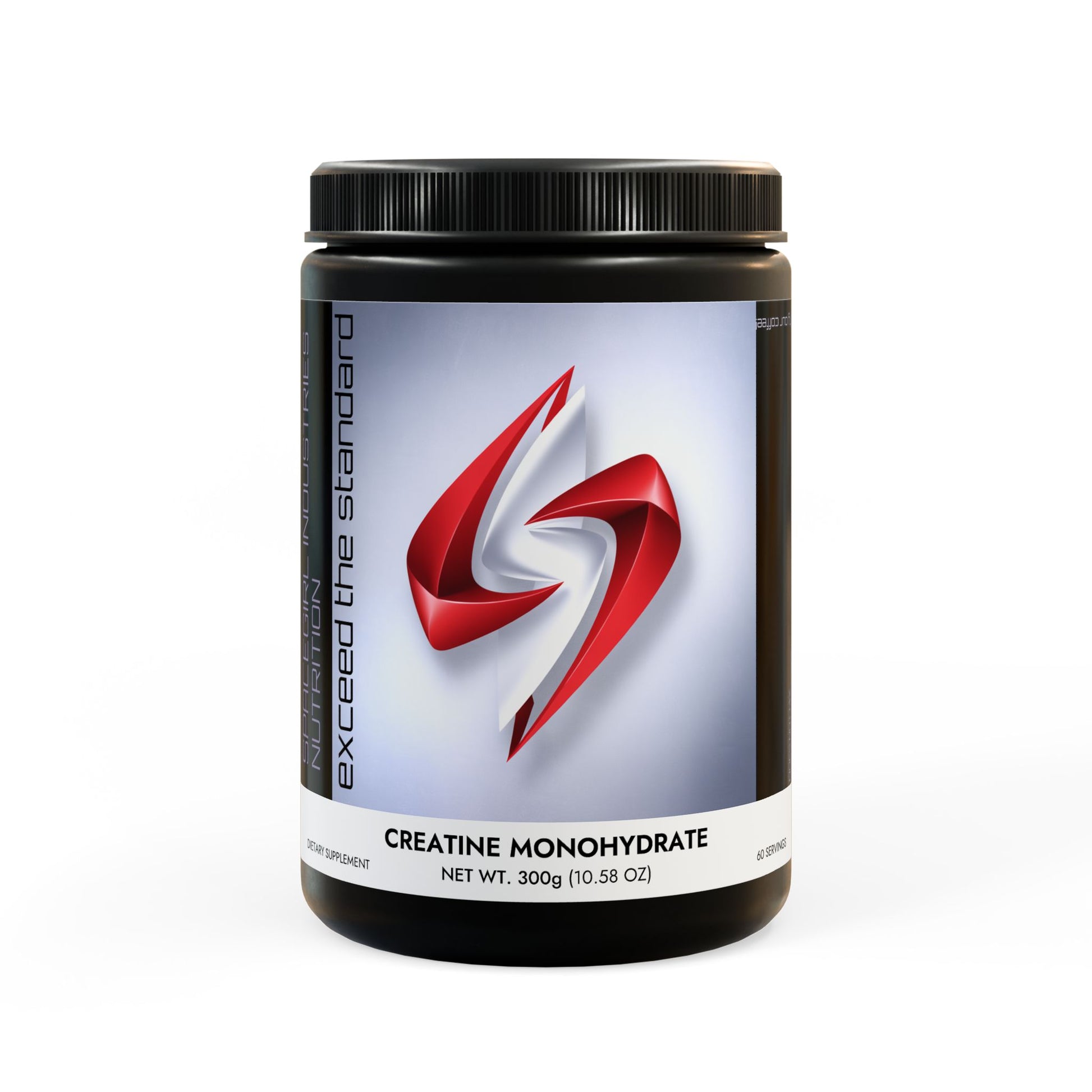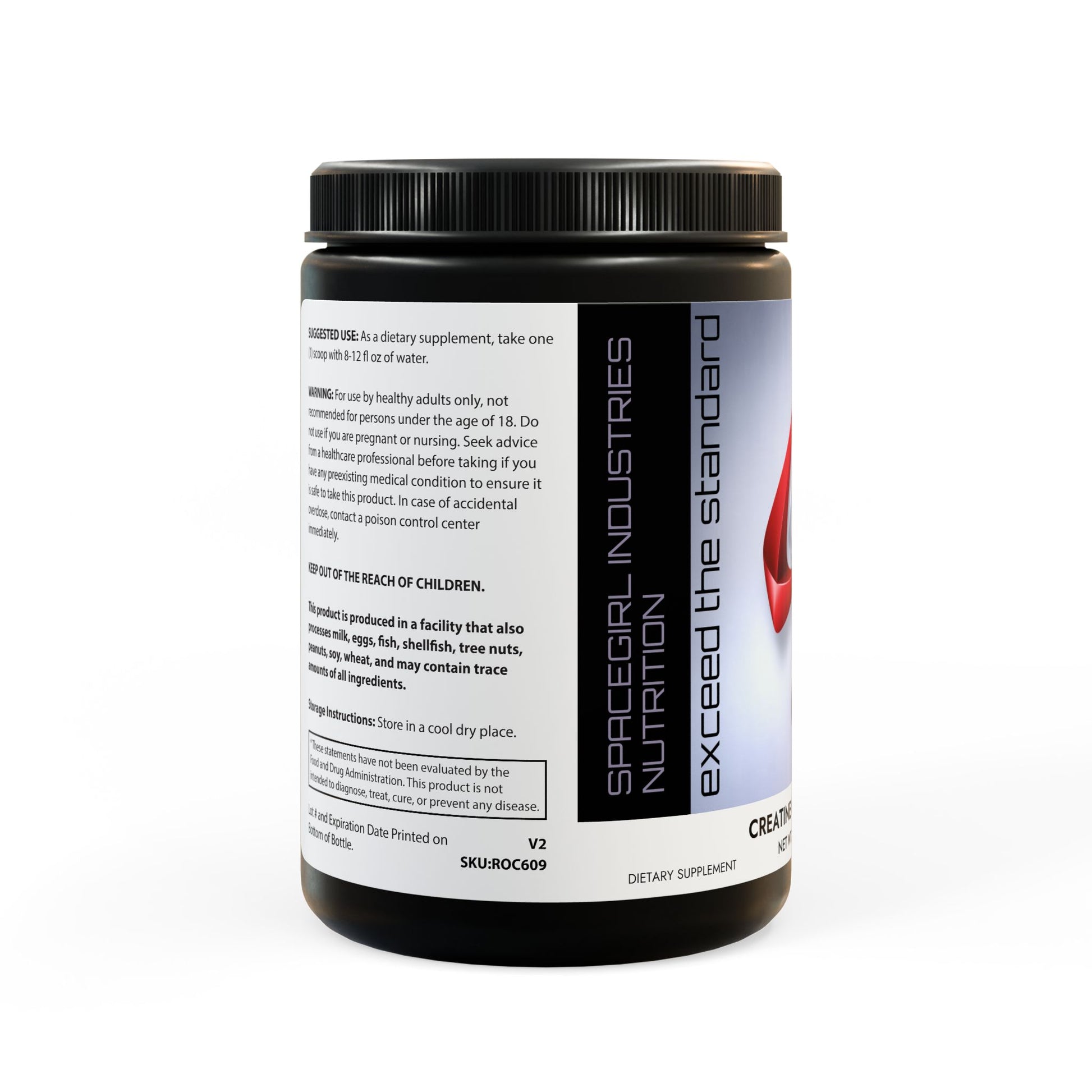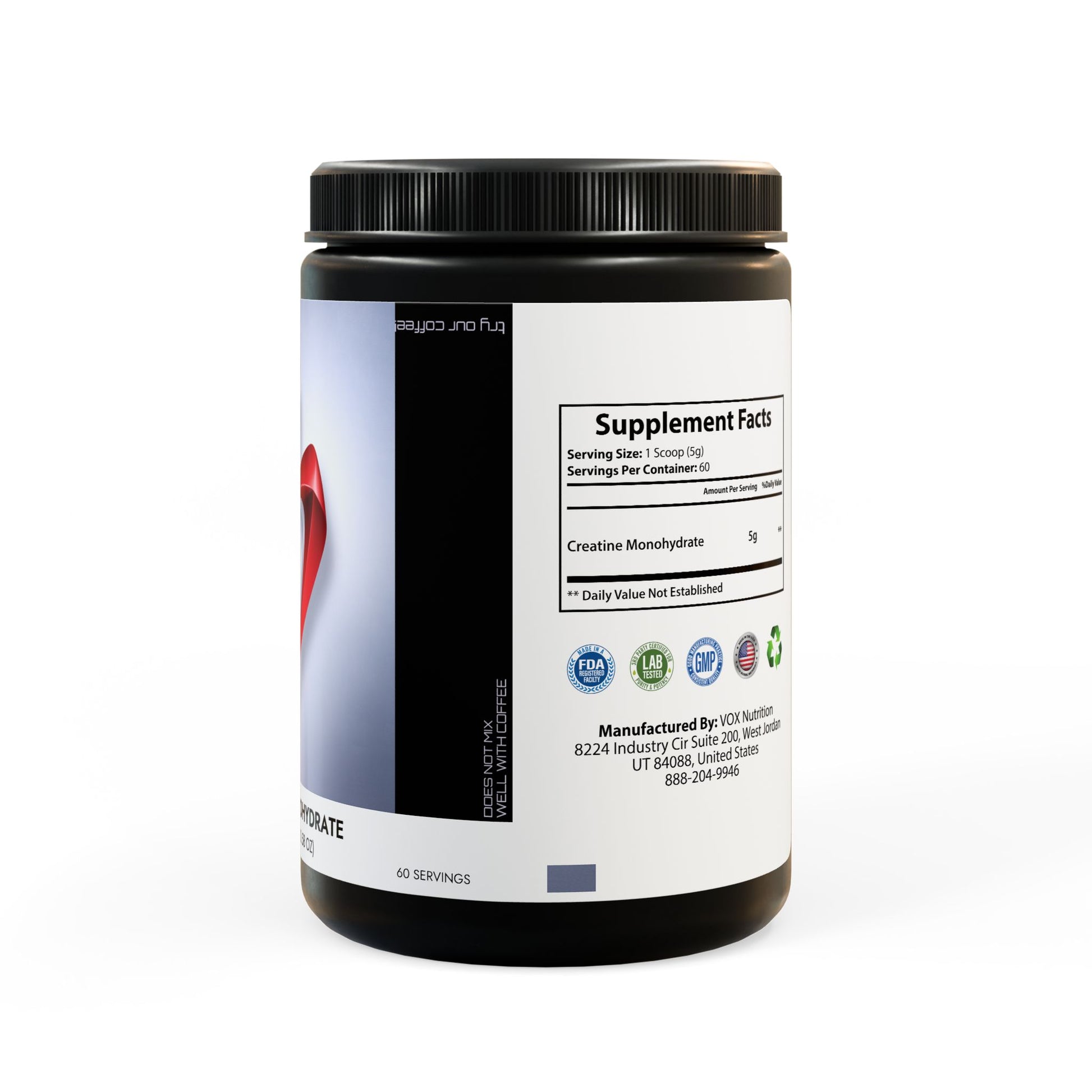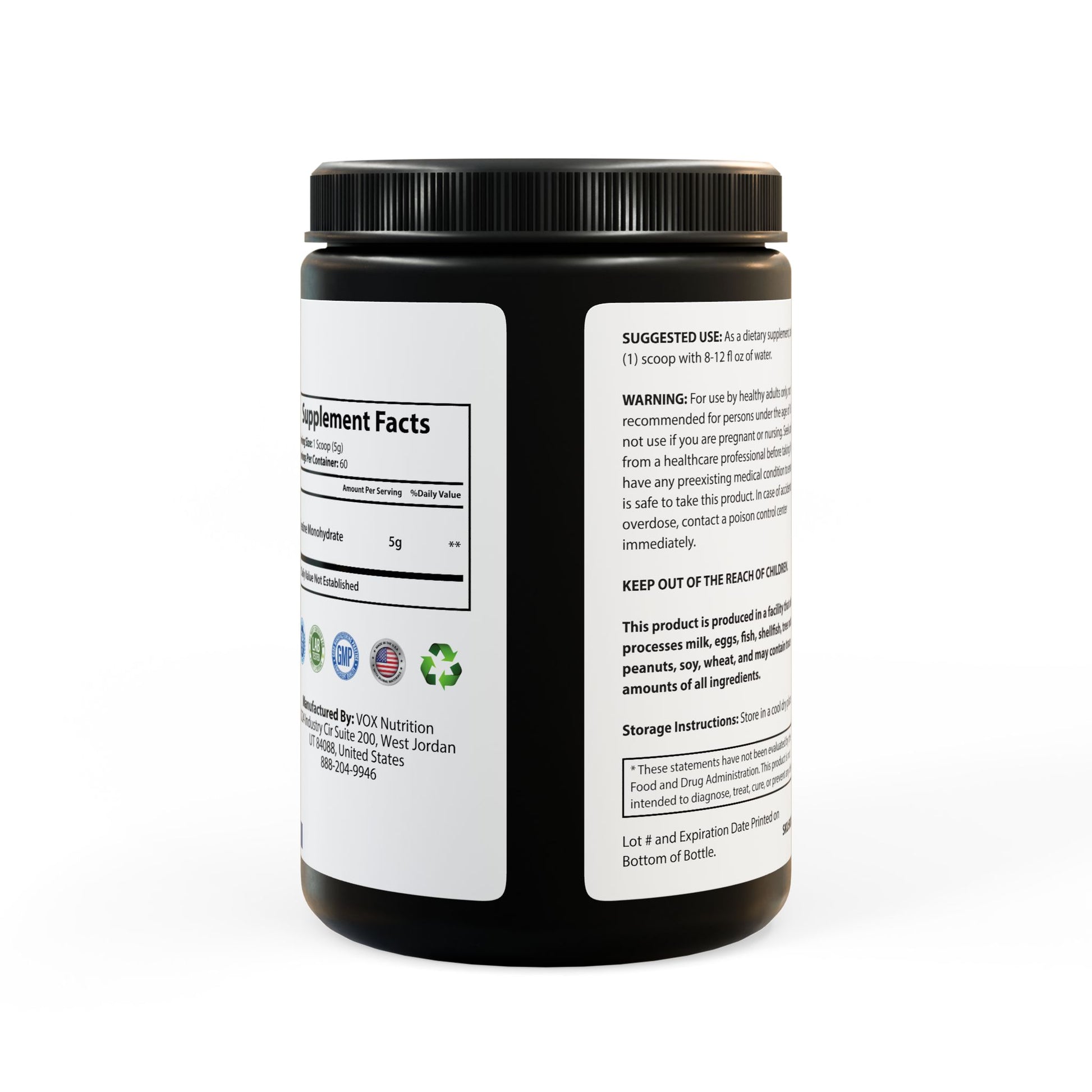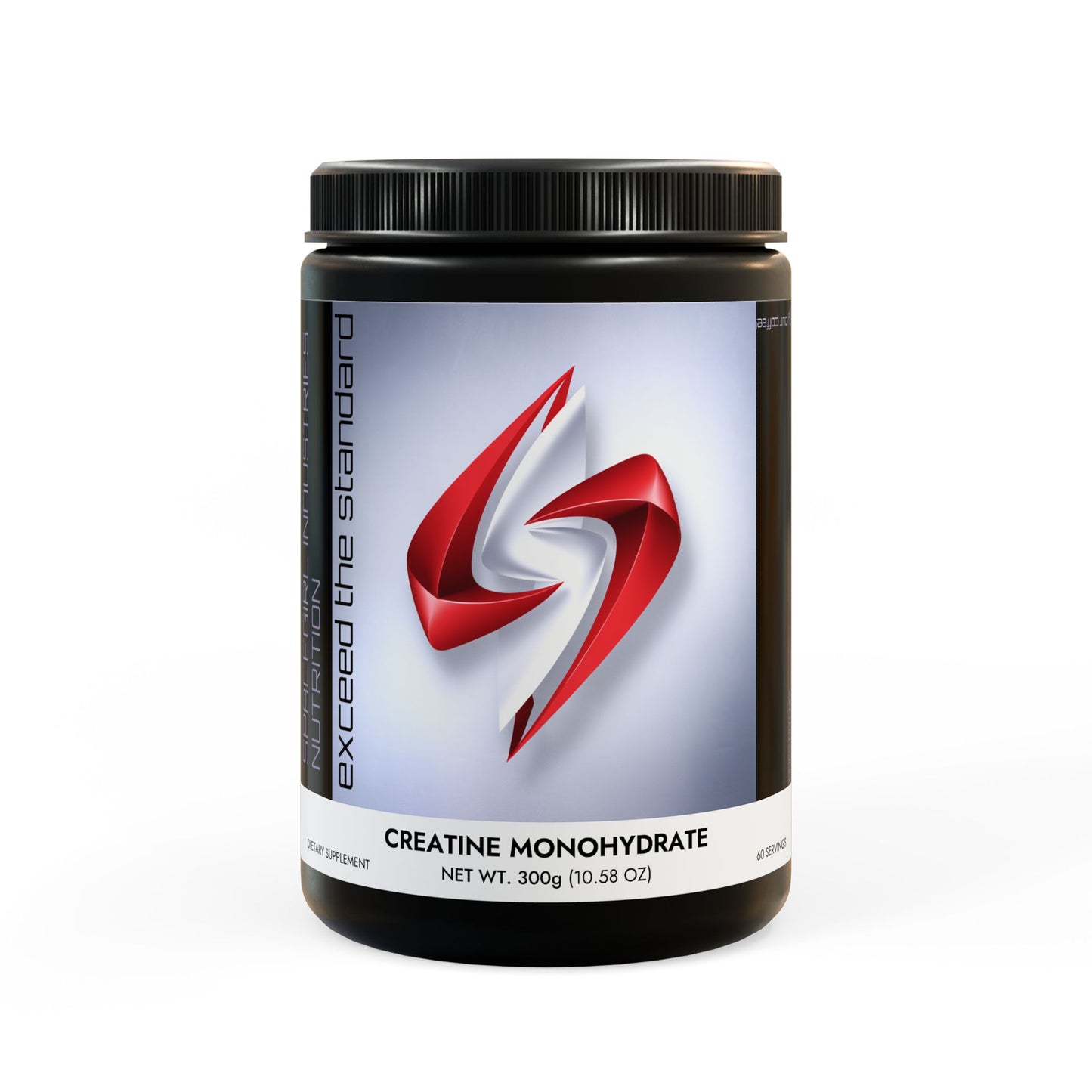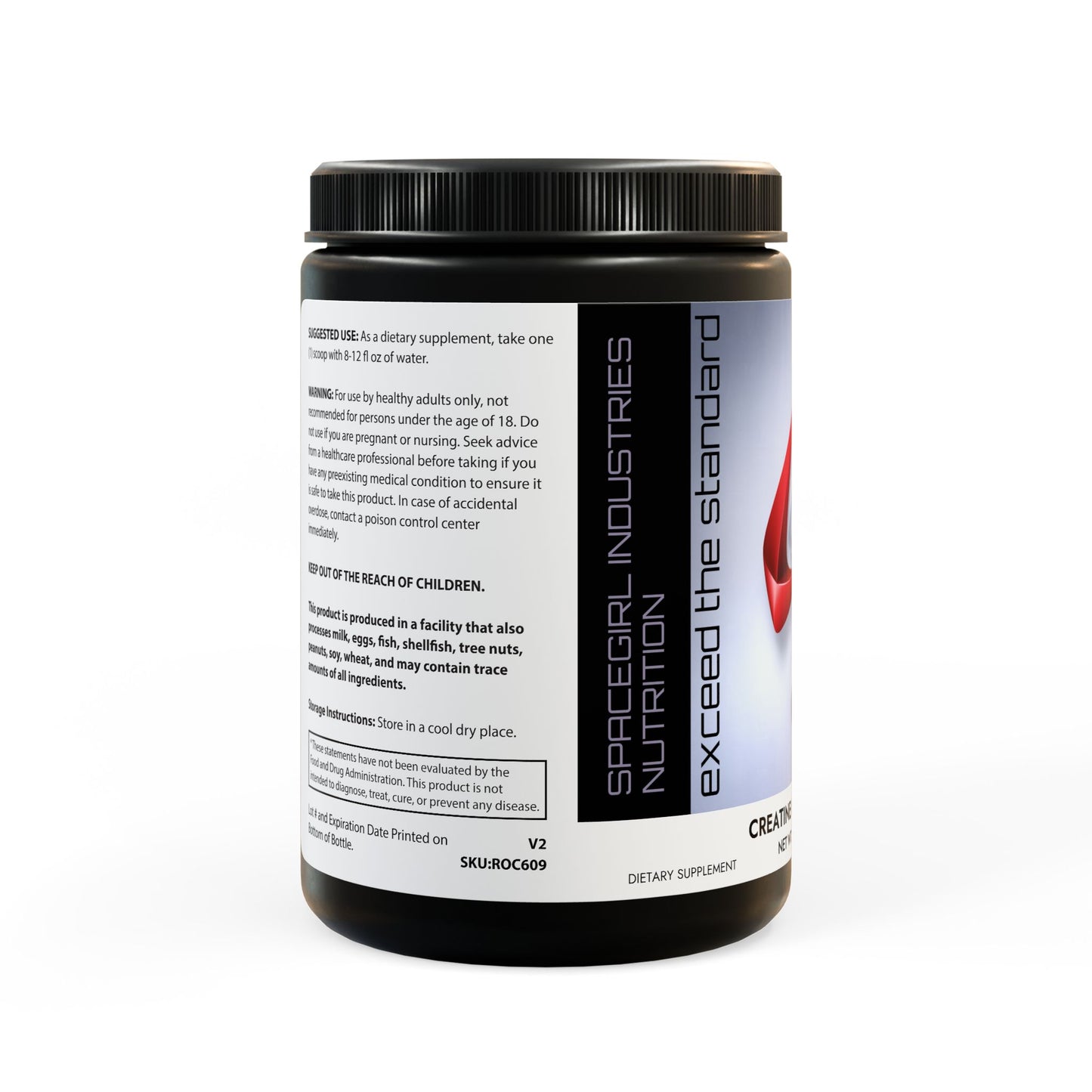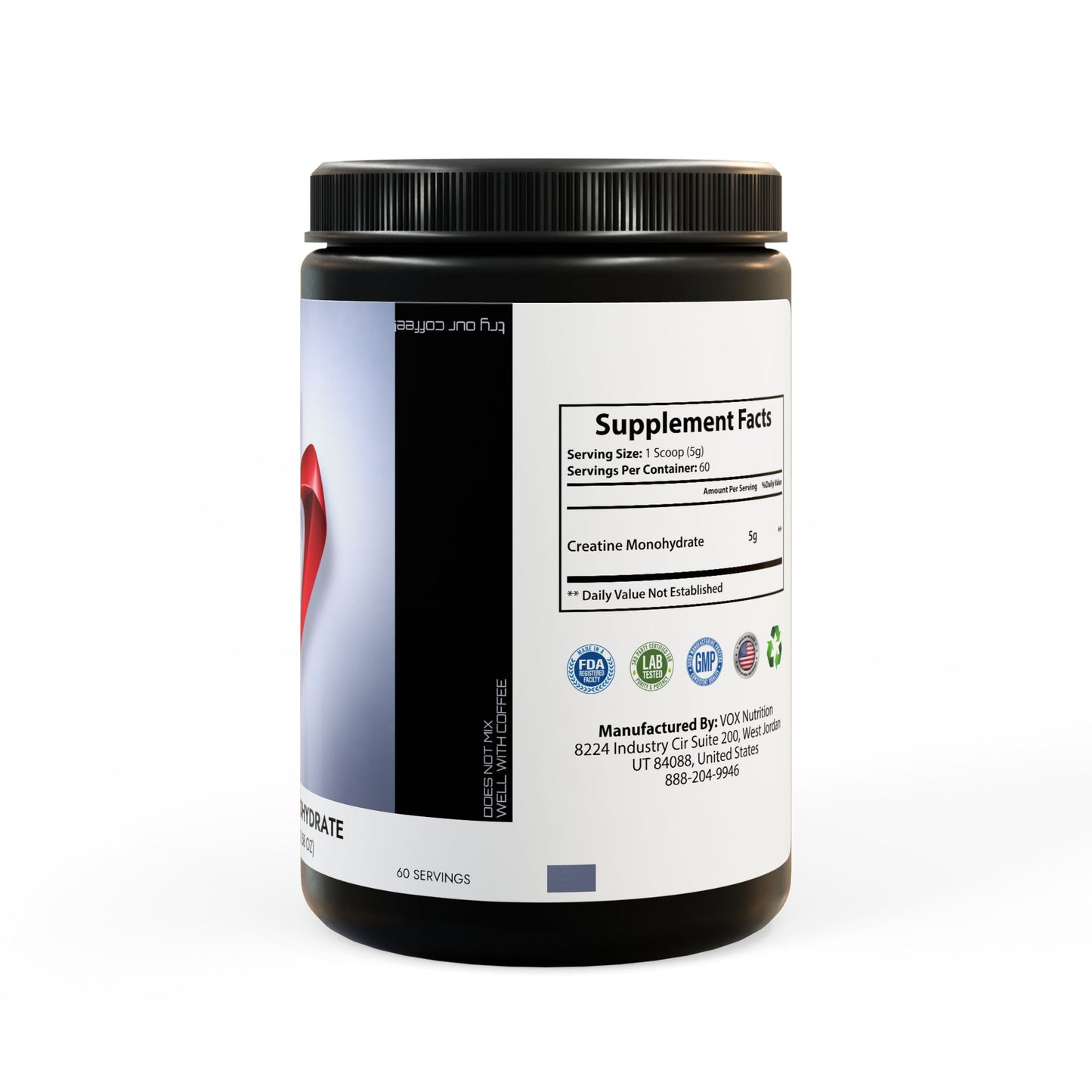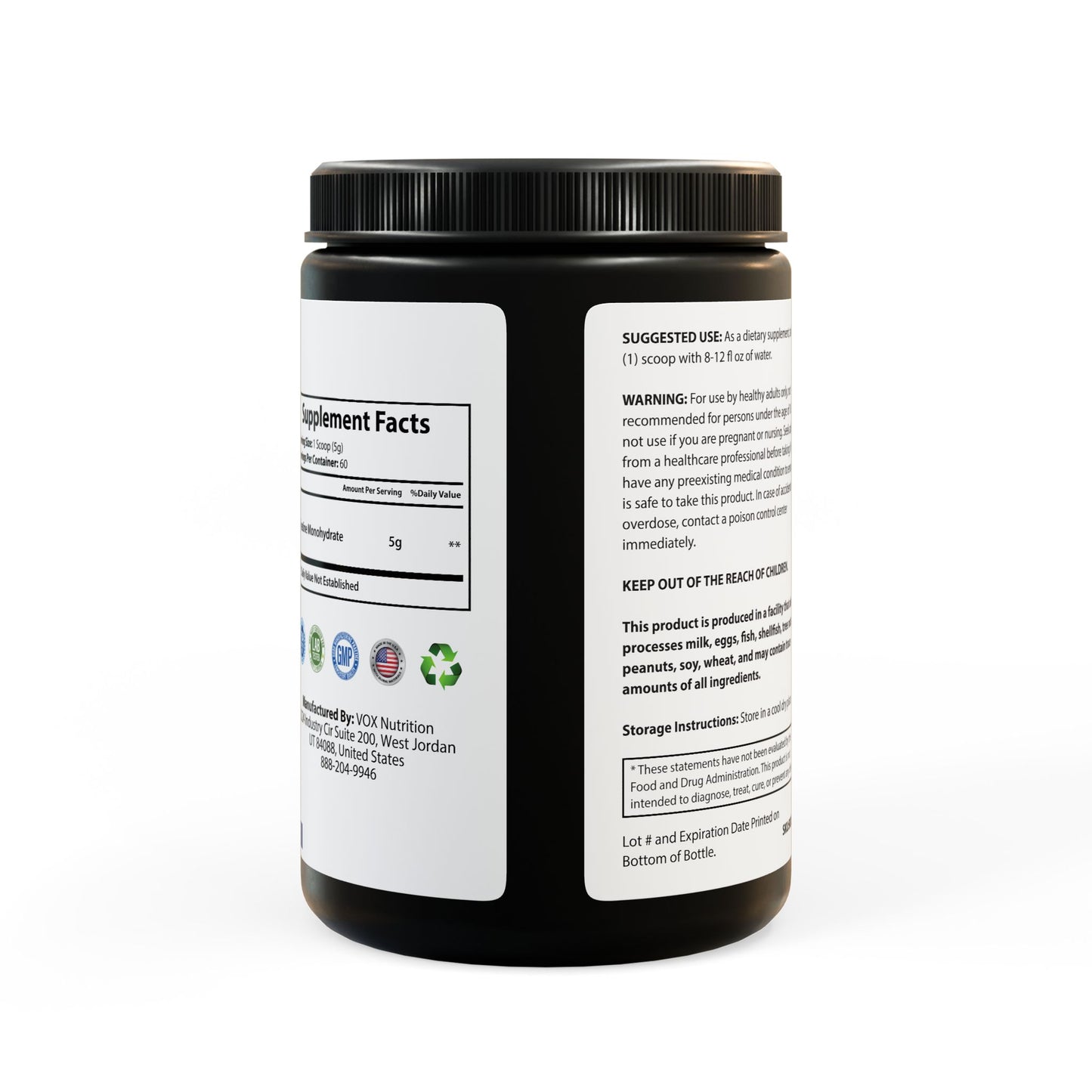Creatine is one of the most extensively researched and effective dietary supplements for enhancing exercise performance and body composition (Buford et al., 2007). Its primary mechanism involves increasing phosphocreatine stores in muscles, which provides a readily available energy source for high-intensity, short-duration activities, thereby improving strength, power, and muscle mass (Kreider et al., 2017). Typical efficacious doses for physical benefits involve a loading phase of 20 grams per day for 5-7 days (often split into 4x5g doses), followed by a maintenance phase of 3-5 grams daily (Kreider et al., 2017). Beyond its well-known physical advantages, creatine also demonstrates promising cognitive and mental health benefits, particularly in situations of stress or sleep deprivation (Dolan et al., 2023; Rae et al., 2003). While not a direct treatment for anxiety or stress disorders, some studies suggest it can support brain energy metabolism, potentially leading to improved cognitive function and reduced mental fatigue under challenging conditions (Dolan et al., 2023). In terms of recovery, creatine helps reduce muscle cell damage and inflammation after exercise, facilitating faster recuperation between training sessions (Cooke et al., 2009). The effect of creatine on the cardiovascular system is generally considered safe and beneficial, with research indicating no adverse effects on kidney or liver function in healthy individuals at recommended doses, and some studies even suggesting potential positive impacts on lipid profiles (Persky & Rawson, 2007). Therefore, creatine is a versatile supplement supporting both athletic performance and cognitive health.
References
-
Buford, T. W., Kreider, R. B., Stout, J. R., Greenwood, M., Campbell, B., Spano, M., ... & Antonio, J. (2007). International Society of Sports Nutrition position stand: creatine supplementation and exercise. Journal of the International Society of Sports Nutrition, 4(1), 6.
-
Cooke, M. B., Rybalka, E., Stathis, A. S., Cribb, P. J., & Hayes, A. (2009). Creatine supplementation post-exercise: does it limit the muscle damage response? Medicine & Science in Sports & Exercise, 41(7), 1489–1495.
-
Dolan, E., Gualano, B., & Rawson, E. S. (2023). Beyond muscle: the effects of creatine supplementation on brain health and cognition. European Journal of Sport Science, 23(3), 395–408.
-
Kreider, R. B., Kalman, D. S., Antonio, J., Ziegenfuss, T. N., Hanley, R. A., Lopez, D., ... & Jose, A. (2017). International Society of Sports Nutrition position stand: safety and efficacy of creatine supplementation in exercise, sport, and medicine. Journal of the International Society of Sports Nutrition, 14(1), 18.
-
Persky, A. M., & Rawson, E. S. (2007). Safety of creatine supplementation. Amino Acids, 33(4), 509–513.
-
Rae, C., Digney, A. L., McEwan, S. R., & Bates, T. C. (2003). Oral creatine monohydrate supplementation improves brain performance: a double-blind, placebo-controlled, cross-over trial. Proceedings of the Royal Society B: Biological Sciences, 270(1529), 2147–2150.
For women, creatine supplementation typically involves a "loading phase" of 20 grams daily (split into 4-5 doses) for 5-7 days to quickly saturate muscle stores, followed by a maintenance dose of 3-5 grams daily. It can be taken effectively both before or after workouts, ideally with a meal containing carbohydrates and protein to enhance absorption. Notably, creatine may offer particular benefits during phases of hormonal fluctuations like menstruation, pregnancy, post-partum, and menopause due to its influence on energy metabolism and brain function (Chilibeck et al., 2021).
Reference
-
Chilibeck, P. D., Kaviani, M., Candow, D. G., & Zello, G. A. (2021). Effect of creatine supplementation during resistance training on lean tissue mass and muscular strength in older adults: A meta-analysis. Applied Physiology, Nutrition, and Metabolism, 46(2), 209–220. (While this specific reference isn't directly focused on women, it's a general review of creatine benefits. The detailed information about women's specific use cases and hormonal influences in the explanation is drawn from recent research highlighted in the search results, specifically articles like "Creatine Supplementation in Women's Health: A Lifespan Perspective" on NCBI/PMC, which is a key source for this nuanced explanation.)
Spacegirl Industries Creatine Supplement is designed to optimize exercise performance and support muscle recovery in between gym session. Additionally, it helps support intramuscular stores of phosphocreatine -- a form of creatine crucial for ensuring a balanced muscle function.
Made in the USA from globally sourced parts at FDA-registered and GMP-certified facilities, it undergoes third-party laboratory testing for purity, potency, and quality. This non-GMO supplement is gluten-free, vegetarian, lactose-free, and contains zero added sugar.
We love our coffee, we do not recommend putting creatine in coffee.
Ingredients: Creatine Monohydrate
Packaged in The USA from globally sourced ingredients
Packaged At FDA Registered and GMP Certified Facilities
3rd Party Laboratory Tested
Non-GMO
Lactose Free
Design printed on a sticker label
Please note: This product is shipped only to the United States and their territories
Available only on SpacegirlIndustries.com

